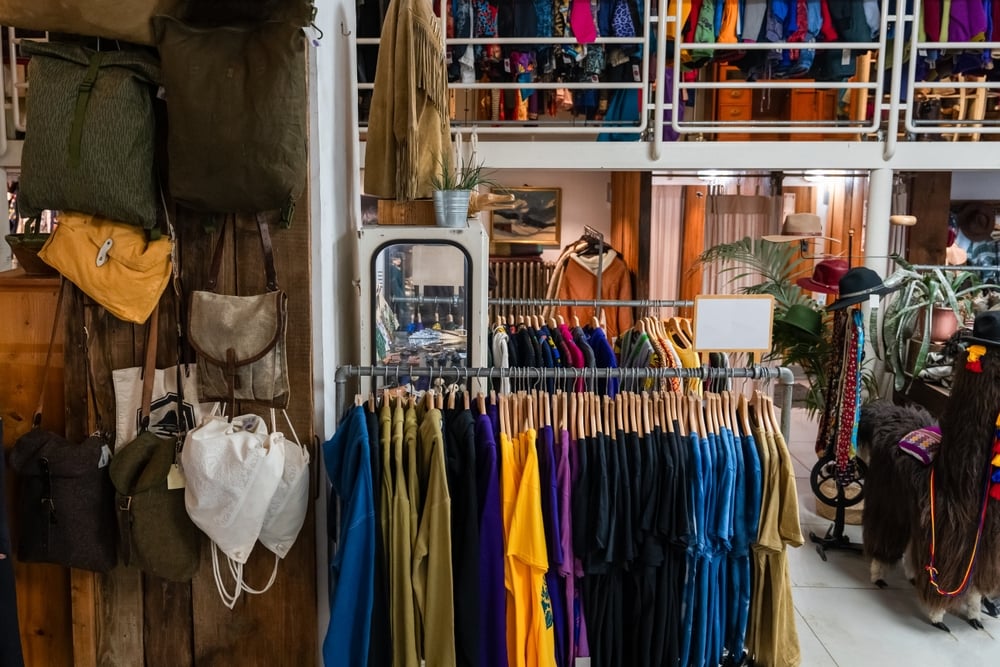Resale Market Grows Four Times Faster Than Retail
Artificial intelligence is driving a surge in secondhand fashion sales, with global resale figures rising 15% in 2024—outpacing the wider market by more than four times. According to a report from GlobalData for online reseller ThredUp, pre-owned fashion now accounts for $227 billion (£175 billion), or 9% of total fashion sales.
Industry analysts expect secondhand fashion sales to grow another 11% in 2025, as AI-powered tools enhance the shopping experience. These advancements include AI-assisted outfit matching, search tools that identify pre-loved versions of designer looks, and price-comparison technology.
Tariffs Drive Budget-Conscious Consumers to Secondhand
With President Donald Trump’s new tariffs on Chinese-made goods threatening to increase retail clothing prices, consumers are seeking alternative ways to shop affordably. ThredUp CEO James Reinhart believes secondhand fashion will be insulated from these pressures.
“The market will have a breakout year relative to previous years. It is not likely to have the same downward pressures from tariffs that the rest of the industry will face. When the American consumer deals with more insecurity, the pursuit of value is heightened.” — James Reinhart, CEO of ThredUp
Young Shoppers Fuel the Resale Boom
More consumers are embracing secondhand shopping than ever before. In 2024, 58% of shoppers bought pre-owned clothing, a 6-percentage-point increase from the previous year. Young consumers are leading the charge—68% of Gen Z buyers purchased secondhand items last year.
Online platforms such as Vinted, Depop, ThredUp, and eBay are capitalizing on this trend, with Vinted even opening its first physical pop-up shop in London this week. Meanwhile, major retailers like Primark and Selfridges are incorporating vintage sections into their stores.
Challenges and Competition from Fast Fashion
Despite strong growth, the resale market has not yet reached its goal of capturing 10% of the global fashion industry. Reinhart acknowledged that secondhand sales have been partially hindered by the rise of ultra-fast fashion platforms like Shein and Temu, which continue to attract price-sensitive consumers.
However, proposed changes to de minimis trade rules in the U.S. and Europe could limit Shein and Temu’s ability to ship goods tax-free directly to customers. If implemented, these regulations could help boost resale platforms by leveling the playing field.
Resale Market Performance and Profitability
Despite the growing market, ThredUp itself reported only a 1% revenue increase to $260 million in 2024 while posting a $40 million loss. However, Reinhart stated that ThredUp has been profitable on an underlying basis for over a year, dismissing the notion that resale businesses are unprofitable.
Other secondhand retailers have posted mixed financial results:
- Depop, a UK-based competitor, increased sales by 31% to £71.3 million in 2023 while reducing losses by over 25% to £48.6 million.
- Vinted, the European resale leader, saw a 61% revenue surge to nearly €600 million (£513 million), marking its first profitable year.






















